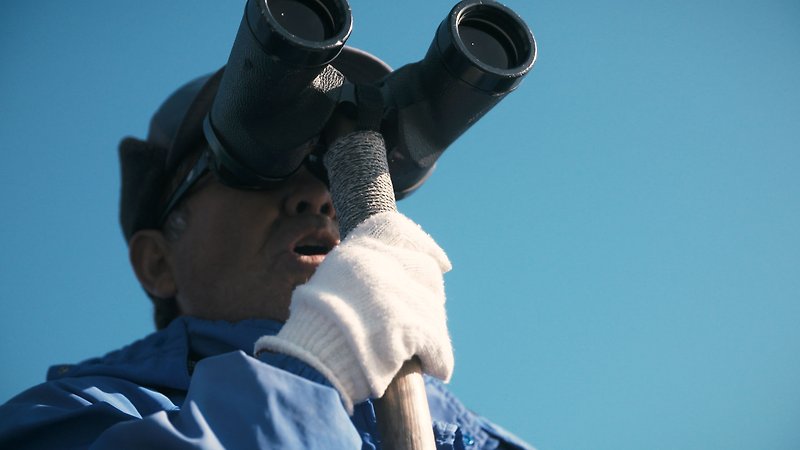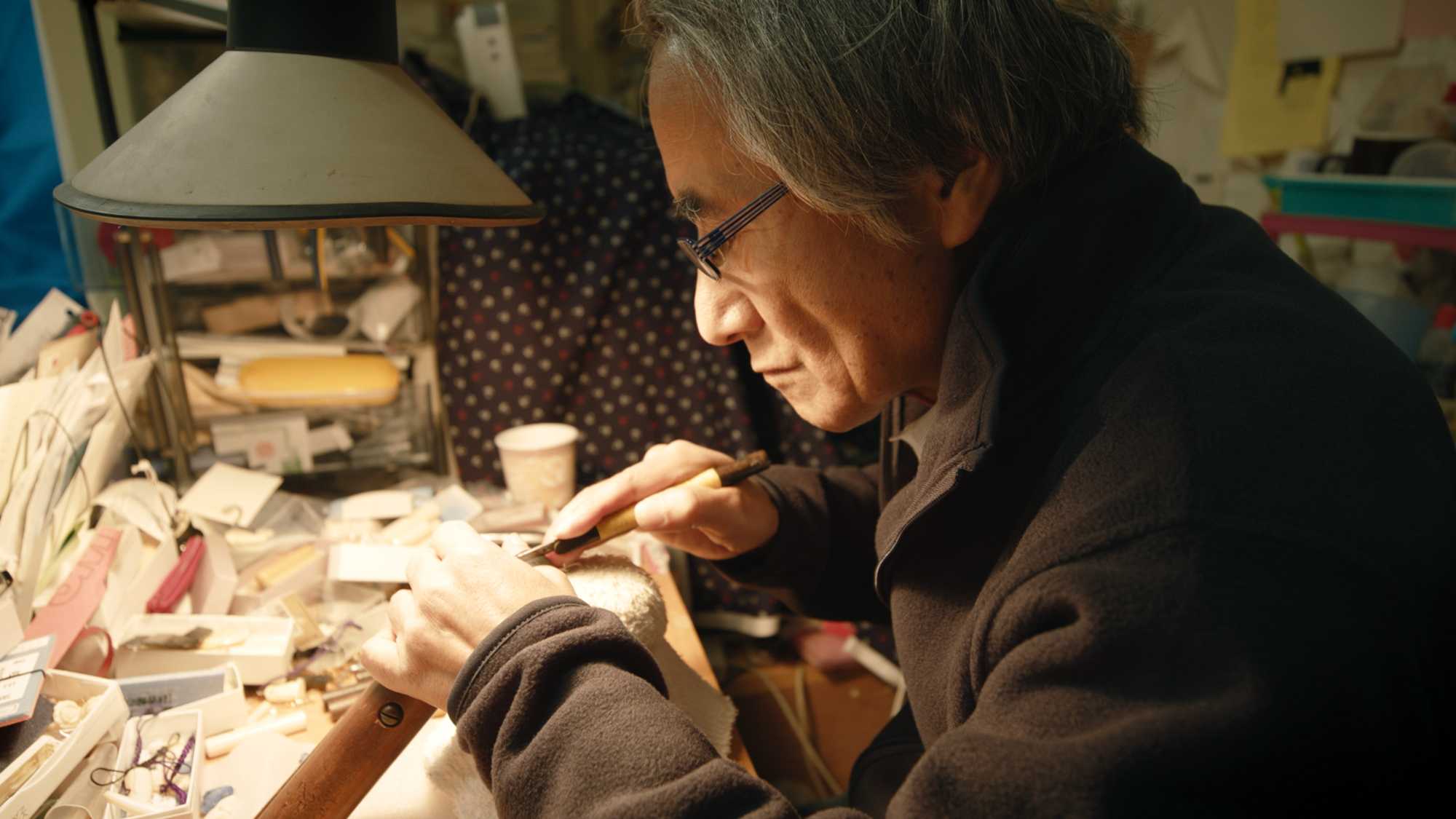How does a small Japanese whaling town adapt to a post-whaling world? In this sensitive study, local inhabitants reflect on the decline of local industry and the devastating tsunami that hit Ayukawa in 2011.


"This is a profoundly humane work of cultural exploration; it may not change your mind, but it will certainly expand your horizons."
Ayukawa: The Weight of a Life 2021
Ayukawa sits at the end of the Oshika peninsula, right on the edge of the Pacific Ocean. “A town that started and ended with whaling,” in recent decades, work has dried up and Ayukawa’s population steadily declined.
In this absorbing documentary by New Zealand directors Tu Rapana Neill and Jim Speers, aging citizens of various stripes (carpenters, flensers, hoteliers, gunners, Buddhist priests) open up about their personal experiences, explain their worldviews and fill in the history of the town and Japanese whaling.
Ayukawa was traditionally a remote fishing village best known as a way-station for pilgrims on their way to the temple on Kinkasan Island. All that changed at the end of the 19th-century with the advent of whaling, christening Ayukawa as a boomtown in a new kind of goldrush. The population exploded, and the bay ran red with blood. The industry experienced a resurgence after WWII when whale meat was called upon to alleviate serious food shortages.
While the village’s geography was key to its economic success, it was also key to its tragedy. During the war, it provided a landmark for American bombing missions and was subjected to deadly air raids, and in 2011 it was all but destroyed by the Tōhoku earthquake and tsunami, illustrated here with some truly frightening footage. Despite the intrinsic violence woven throughout the history of Ayukawa, this complex and assured portrait is calm, contemplative and often extremely beautiful. — Andrew Langridge
